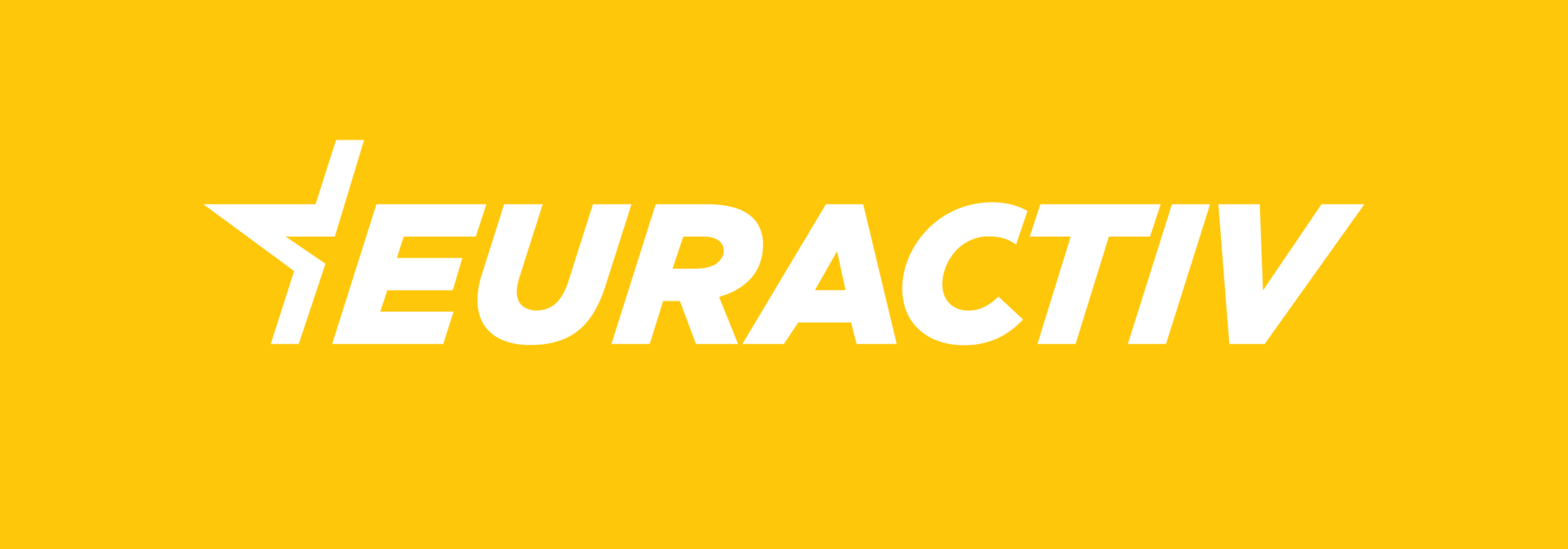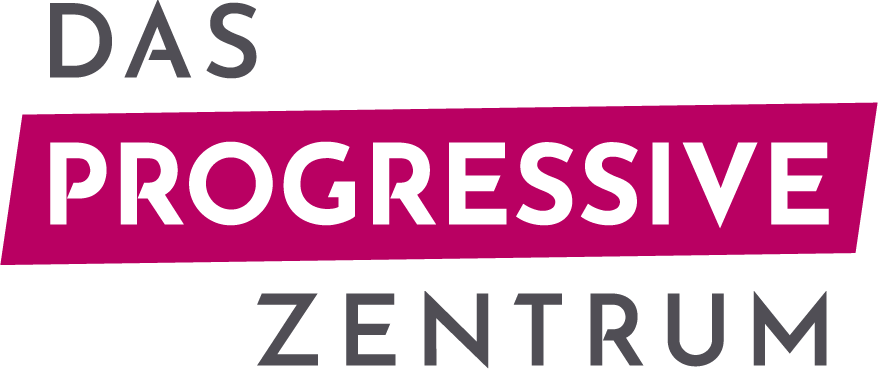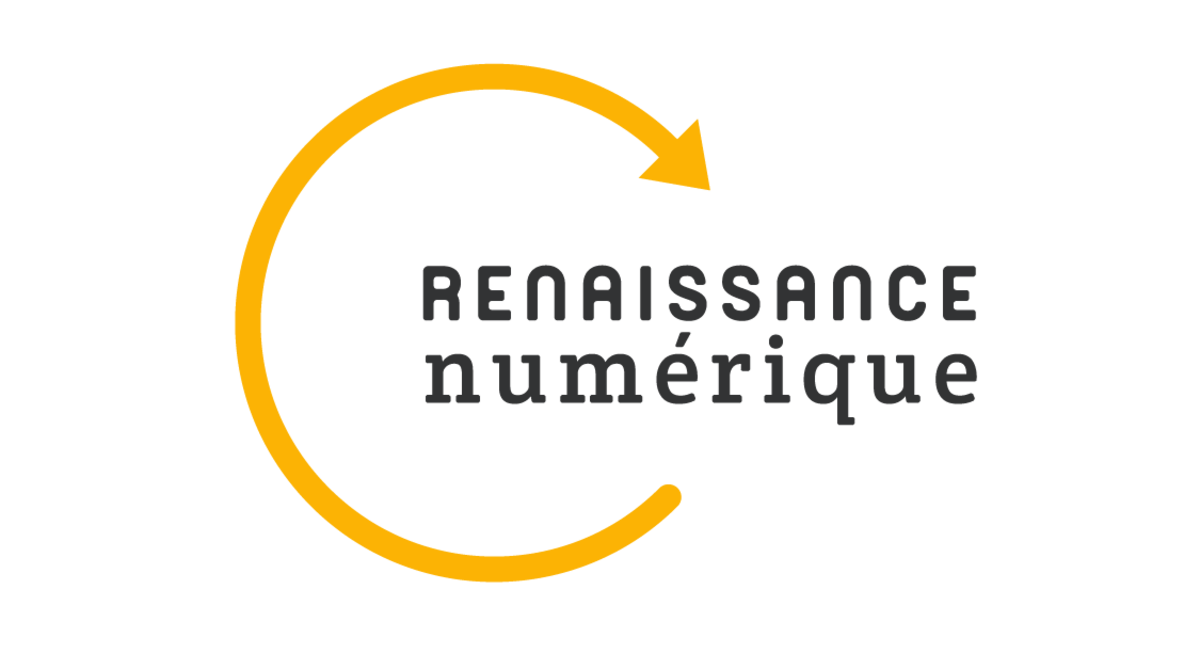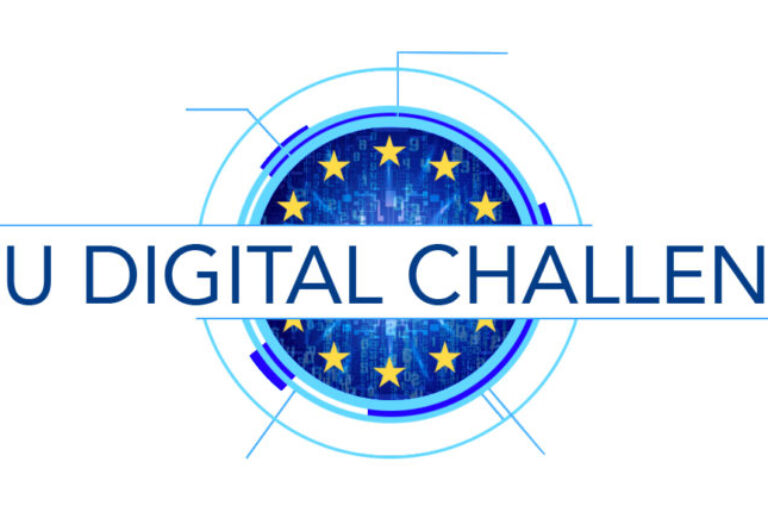How should the European Union tackle the growing threat of cyber attacks? How can cybersecurity be effectively governed at a European level? To address these questions and advance the debate on the EU digital strategy, Das Progressive Zentrum partnered with EuropaNova and Renaissance Numérique to host an expert discussion on the topic.
Cybersecurity is not a technical issue, but a political one – and civil society needs to become a more active player in this debate. This was the main conclusion of the EU Digital Challenges event on cybersecurity on 7 November at the French Embassy.
Julia Schuetze, Project Manager of the Transatlantic Cyber Forum at the Stiftung Neue Verantwortung and moderator of the discussion, invited all panelists to give an opening statement and outline their primary concerns on European cybersecurity governance.
Théodore Christakis, Professor of International Law at University Grenoble Alpes & Deputy Director of the Grenoble Alpes Data Institute emphasised the need for a French-German dialogue to promote responsible state behaviour. He stressed that the two countries already have a common ground on many issues – like the adoption of a cyber diplomacy toolbox – but need to think creatively to push a European approach for cybersecurity protection to the UN level.
“International Law gives you a good toolbox, including countermeasures.”
– Théodore Christakis
Research Analyst at the Digital Society Institute (ESMT Berlin) & Non-resident Fellow at the Global Public Policy Institute Isabel Skierka insisted on the fact that cybersecurity governance is already happening. According to her, the EU has already taken significant measures to protect critical infrastructures, to increasingly regulate the single digital market and to fight cybercrime. Isabel Skierka especially emphasised that there is a great need for information exchange, not only between the member states but also between the private and the public sector.
Saskia Esken, Member of the German Bundestag and SPD Deputy Speaker on Digital Policy, raised the concern that some states still don’t realise the urgent need to invest in cybersecurity now, as cyber insecurity is on the rise. For her, there has to be a clear definition of cyberweapons not only on EU but on an international level to set the ground for cyber disarmament.
“Both private and public sectors need governance in the field of cybersecurity.”
– Saskia Esken
The Strategic Advisor to the Director General of the National Cybersecurity Agency of France (ANSSI), Christian Daviot, stressed that, except for ENISA, there are no technical skills on an EU, but on a member states level. That is why the European Commission especially has to rely mainly on the French and German expertise in this field. For him, the two like-minded countries should take the initiative and communicate openly why we need cybersecurity: to tackle the most significant issue at hand – peace.
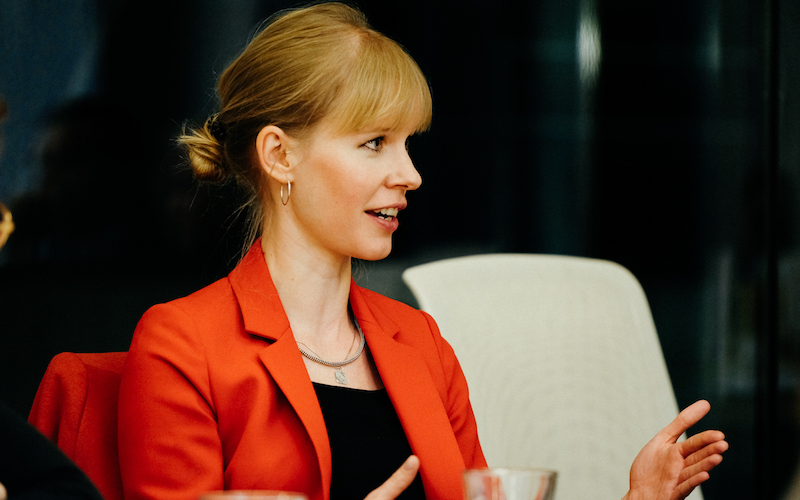
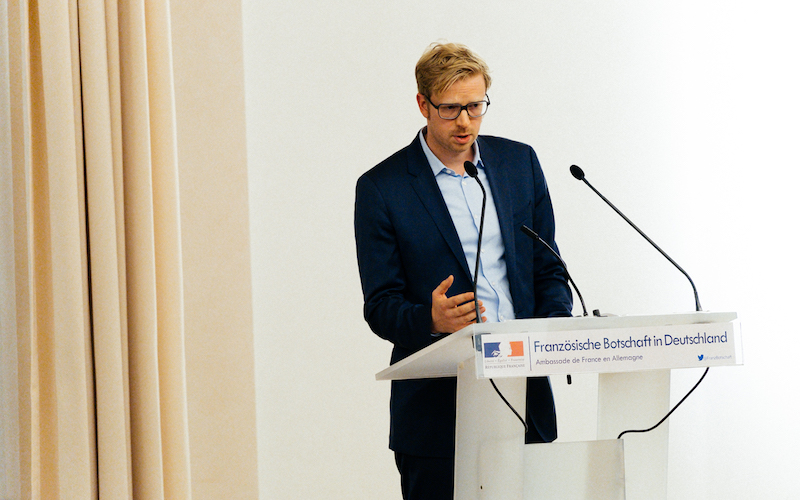

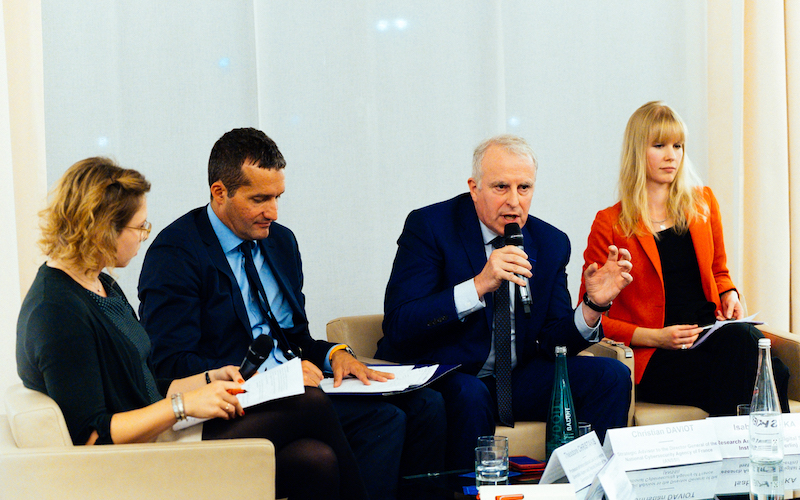
A lively discussion followed the opening statements. The panel agreed that a multi-stakeholder approach is crucial as the challenges at hand cannot adequately be addressed on a national level. The experts further emphasised that European governance on cybersecurity is possible, especially when there already is a fair amount of cooperation between the member-states. Due to political problems between some states, cooperation on the transatlantic level seems difficult at the moment. These circumstances raise the need for European incentives but also have legal limitations concerning a broader governance approach on cybersecurity. Nevertheless, a European governance approach, spearheaded by France and Germany, could lead to a new push for a general resolution on a UN level.
Throughout the whole event, moderator Julia Schuetze invited an engaged audience to participate in the debate. The full composition of students, young professionals, as well as representatives from public and private sectors, posed a variety of insightful questions and in addition to that propelled a fruitful discussion. As not all of the questions could be posed during the two-hour event, the vivid debates continued during the following cocktail reception.
We would like to thank our discussants Théodore Christakis, Christian Daviot, Saskia Esken, Julia Schuetze, Isabel Skierka and the partners EuropaNova as well as Renaissance Numérique and the supporters Microsoft and the French Embassy.

This event was part of the Berlin Science Week, a compilation of more than 90 events aimed at inspiring the dialogue between science and society.#BerlinSciWeek18.
A project by:
Supported by:

With special thanks to:
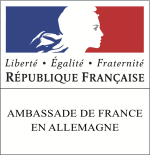
Media partner:
